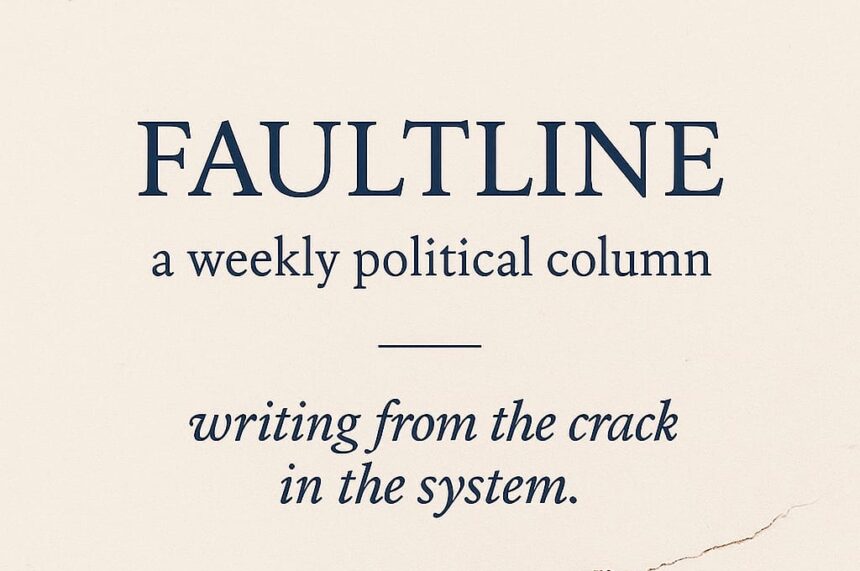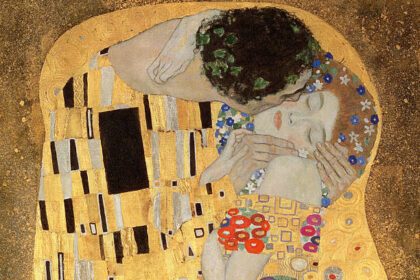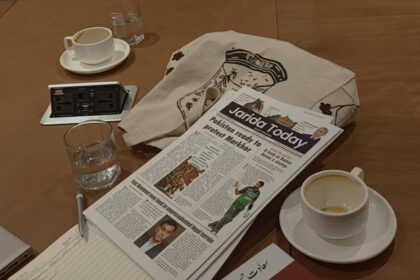When freedom is just another border
“Unless the Embassy verifies her visa right now, she’s returning to Pakistan.”
These were the first words I heard when I landed in the United States.
Fifteen minutes in that sterile room at Boston Logan left me feeling stripped of my identity, only a fraction of which I was half-confident in two years ago. I was no longer a high schooler excited to live my American dream but another nameless file in the bureaucratic lottery of capitalistic voyeurism. At that moment, most things became inconsequential. It did not matter that my favourite poetry collection was packed into the front of my bag (Crush by Richard Siken, the copy of which I have lost since and am unable to source anywhere anymore) or that for weeks, I’d rehearsed my faux American accent to perfection, always disappointed to find that no matter how hard I tried, it inevitably veered too much into British territory, thanks to years of conditioning at the good old Convent. But this was only the beginning.
Being strip-searched felt deeply dehumanising, especially as a Pakistani Muslim. The intergenerational trauma felt more palpable than ever (my mother had drilled me not to pray anywhere in public), and my jet lag under the fluorescent lights that seemed to blur all words led to an unsettling start. The immigration officers berated my passport—green only by definition—and exaggerated gestures to the “no phones allowed” sign, as if I had managed to secure a summer dream in Boston without uttering so much as a consonant of English.
My programme interviewer—”Call “me Craig!” he had said—told me I “definitely did not sound Pakistani” or “look (for that matter)”, because, of course, the only appropriate representation we have is born in the chokehold of manmade fantasies sold at discounted rates in mosques. I never knew how to take these compliments, or if they were even compliments to begin with. They reflected deeper biases, underscoring a disconnect that went beyond accents. Stuck at the airport, I longed to hear just one Pakistani accent, knowing it would have made me feel alright. I now believe that was a naive thought to begin with.
Coming home to Pakistan should have been a return to familiarity, a chance to recover from the alienation I faced abroad. Instead, I found myself grappling with a different kind of estrangement. The bittersweet reality, as so elaborately put by Miriam Adney, is that once you get a taste of the sweet fruit that is freedom, it is hard to settle for half-ripe delicacies and trick yourself into conforming to the gustatory standards of an orchard you no longer belong to. And while this freedom, in all its grandeur, is hard to forget, its memory must be accompanied by the acknowledgement that it comes at a cost tainted with the collateral damage of existing in a world built for someone else, not you and me. To inhabit a geography never meant to hold you, requiring constant proof of worthiness, and crossing off boxes with a single glance each time.
The violence of this notion is not in the frisk or the suspicion—those you can name. It is in the subtler architecture of daily life, the way your name is no longer the word your father associated with you the first time he looked into your eyes but a nasty collection of syllables serving as a linguistic hurdle for the superior ones. When you start practising neutrality in your tone for the sake of not appearing too emotional, too foreign, or too you, you lose sight of the aspirations that brought you to that moment in the first place. Still, there is no returning unchanged. This is the cruelty of double consciousness: to always live with two mirrors and yet never see yourself whole. What I carry is a three-ness, maybe more; identity is no longer a place I inhabit but a performance subconsciously brought into every interaction, full of contradictions that refuse to collapse lest it be the last time.
So when I say goodbye now—though I dare not say it out loud—it is not to a country or people, but to my one fatal flaw of ignis fatuus: that there could ever exist a singular home, a state of belonging, a border I could find love in, one I could cross and finally exhale. Truthfully, that exhale will never come. It will only tease with fragmented breaths in the smaller joys, those rare moments of almost-belonging that I refuse to rely on for my hope but secretly look forward to.
There is, however, a great power too in the fracture. To live between worlds is to refuse the tyranny of any one narrative and to be irrevocably free of ownership to any person or land. I leave with the faith that the very systems built to dismantle us also possess the power to self-destruct, because it is ultimately us, the people, who carry the means of diminishing them. Under oppression, we acquire the vocabulary to indict the oppressor and the ultimate clarity to identify the fault line.
Maybe that is the closest thing to freedom I will ever claim.











